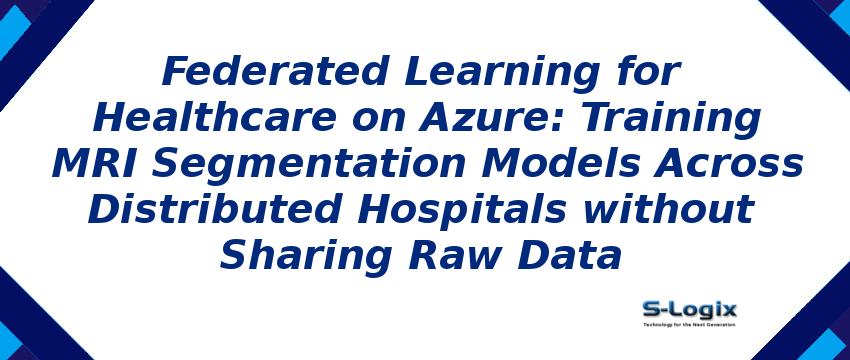
| Azure Service | Purpose |
|---|---|
| Azure Machine Learning Service | Central federated server for global model aggregation and coordination |
| Azure IoT Edge / Azure Stack Edge | Local training of models at hospital sites while keeping data secure |
| Azure Blob Storage / Data Lake | Storage of encrypted model weights/updates and metadata (not raw patient data) |
| Azure Kubernetes Service (AKS) | Deployment of the final global segmentation model as an API or service |
| Azure Confidential Computing | Privacy-preserving computation for secure model aggregation |
| Azure Container Registry (ACR) | Storage of Dockerized FL clients and server components |
| Azure Monitor & Application Insights | Monitoring federated training jobs and global model performance |